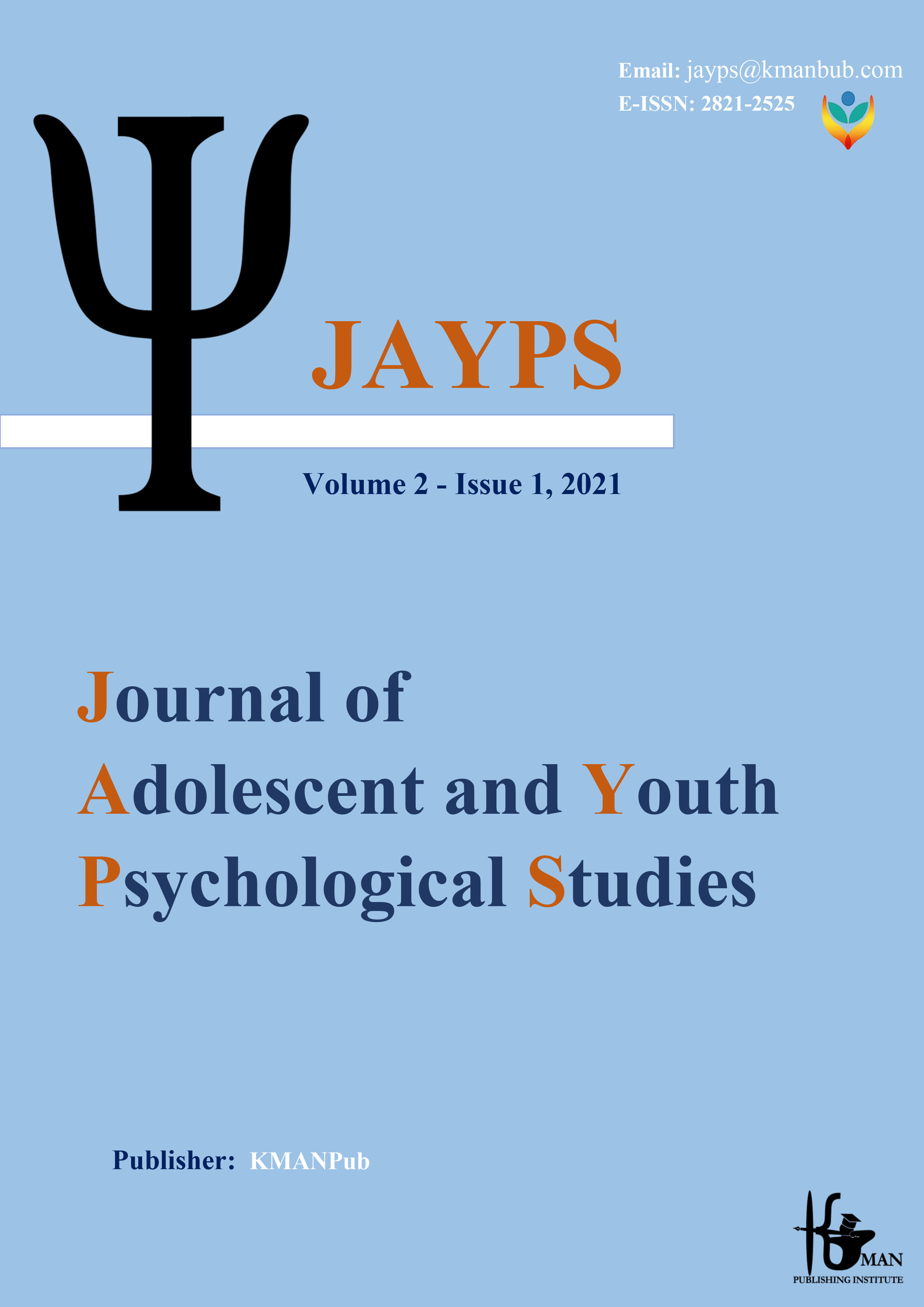Analyzing the effective components in the formation of analytical literacy of teenagers
Keywords:
analytical literacy, secondary education, grand theory, formation processAbstract
Background and Aim: Argumentative discourse plays a central role in public and intellectual communication, and people need to be able to read and analyze topics, so the main goal of the research was to identify the components of the formation of analytical literacy in teenagers and to present a model. Method: In terms of its purpose, this research is a part of applied research, and the qualitative research method is grand theory. In this research, experts' opinions have been studied and explored. The statistical population of this research was all secondary education professors and teachers in 2019, 30 of whom had at least 15 years of teaching experience and a doctorate degree in the field of educational sciences, curriculum planning, and educational management, were selected through available sampling. Data analysis was done by coding interviews and then quantifying and using structural equations by Smart PLS software. Results: The results of the research showed that in terms of causal factors (planning and management, making schools smarter, avoiding the consequences of unipolar education), background factors (analytical literacy promotion infrastructure, study tools and techniques), intervening factors (literacy management) students, time management), strategies and measures (teaching critical thinking, creating a learning environment and students' participation in the educational structure, publishing books) consequences (developing competence, analytical literacy, strengthening analytical power) were identified. Conclusion: Analytical literacy, either alone or as a necessary literacy for the effectiveness of other types of literacy (including media, internet and critical literacy) can have double importance in the third millennium
Downloads
Downloads
Published
Submitted
Revised
Accepted
Issue
Section
License

This work is licensed under a Creative Commons Attribution-NonCommercial 4.0 International License.









